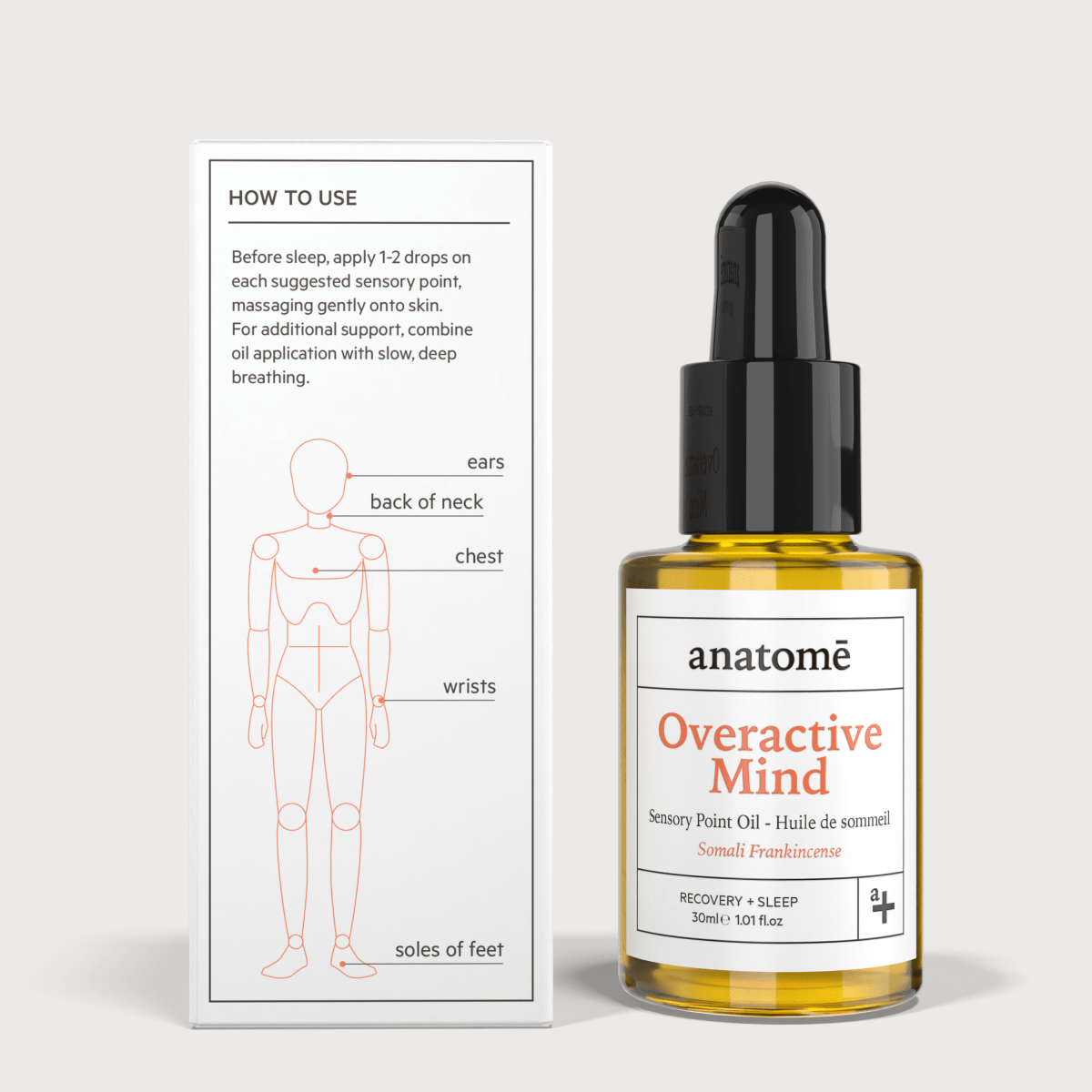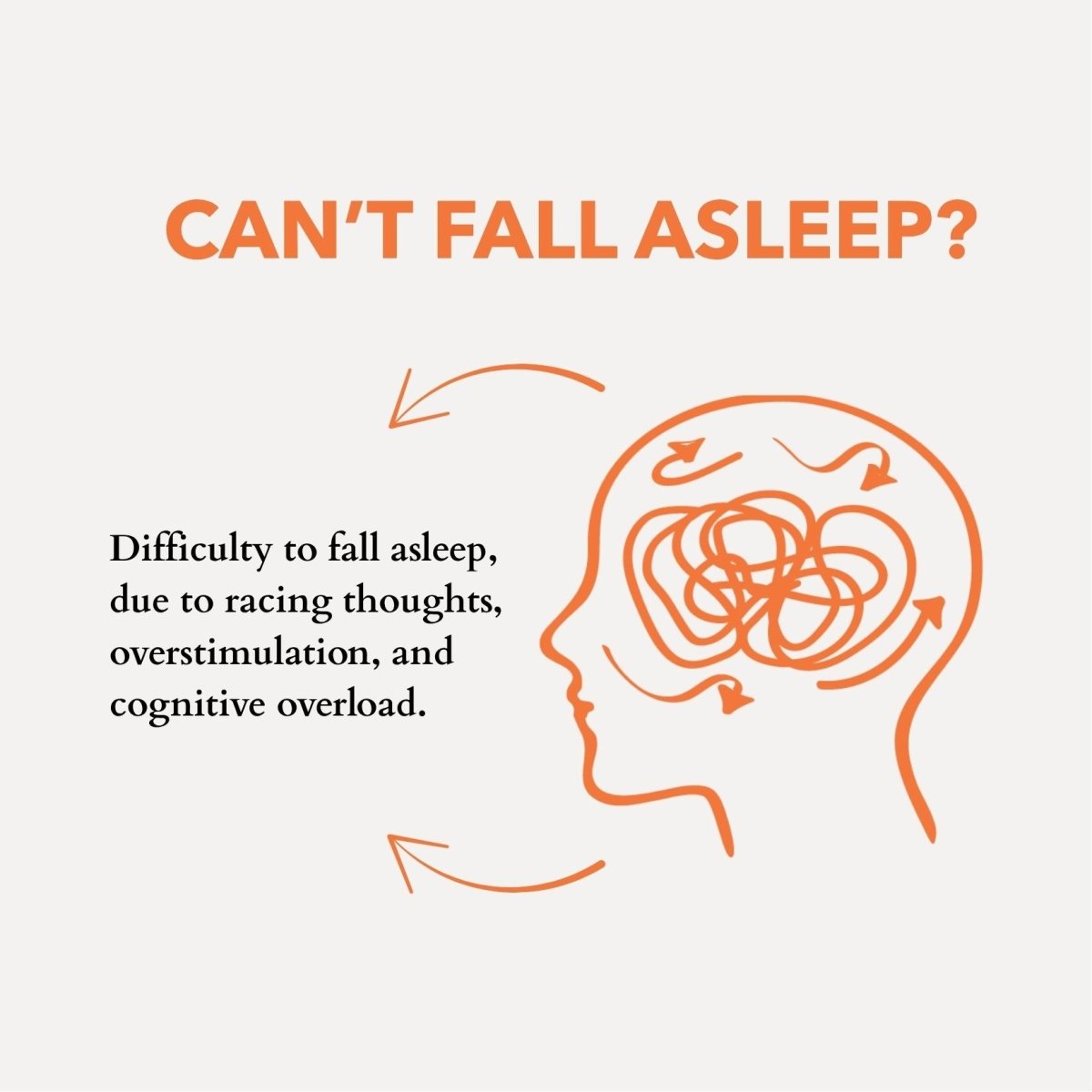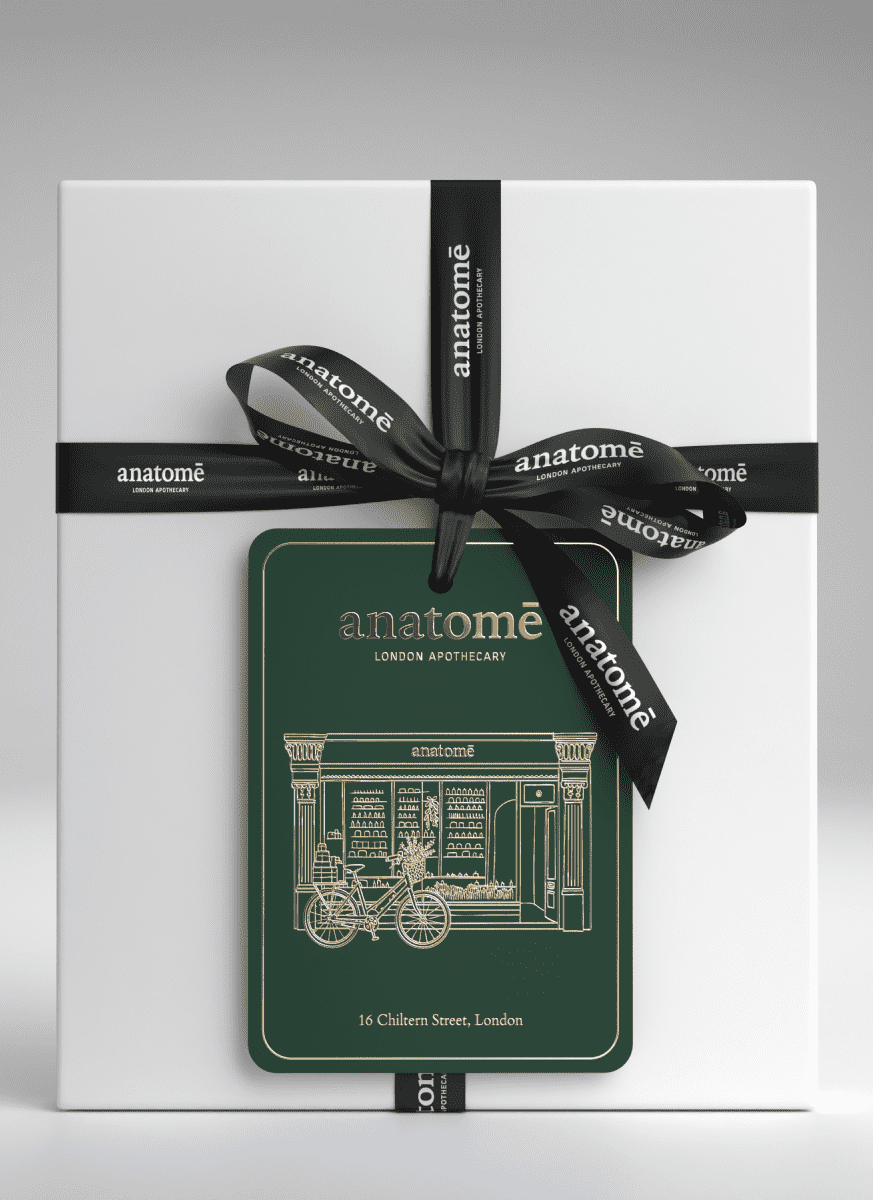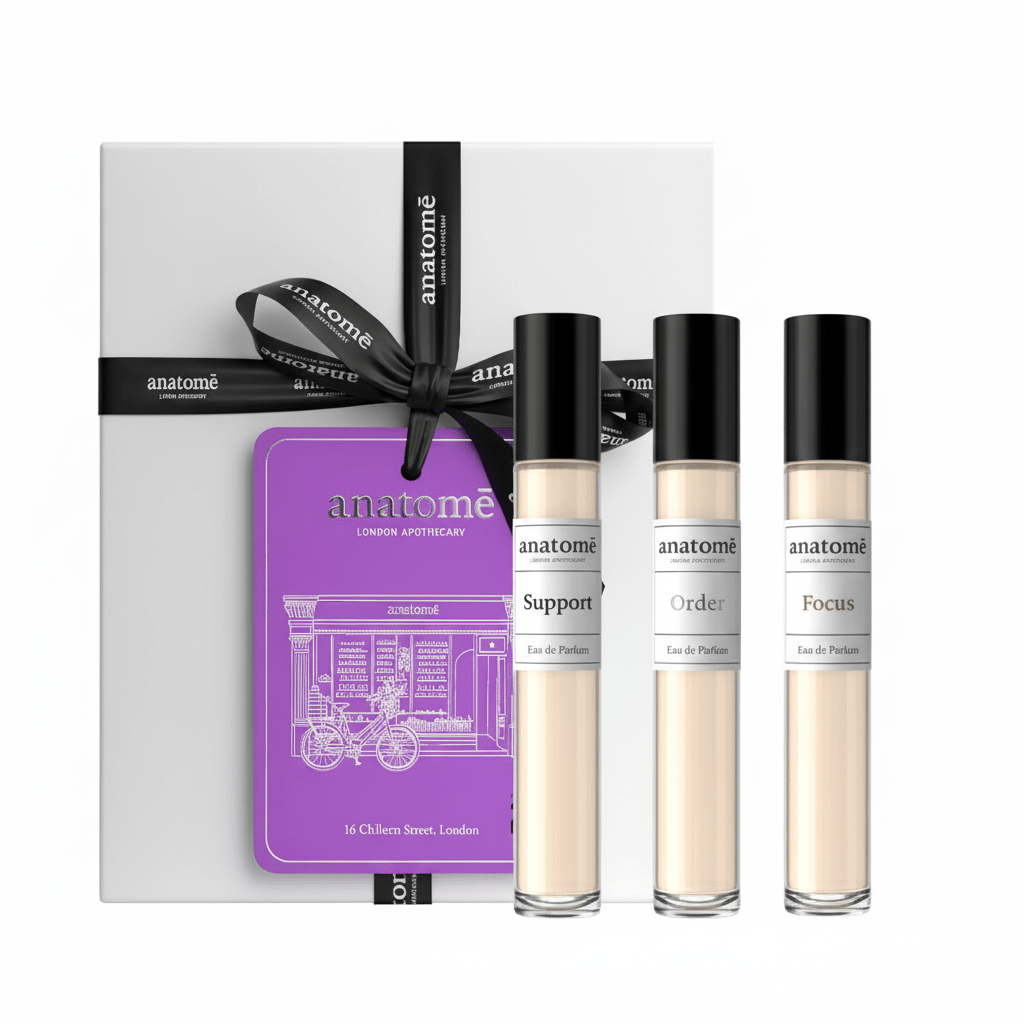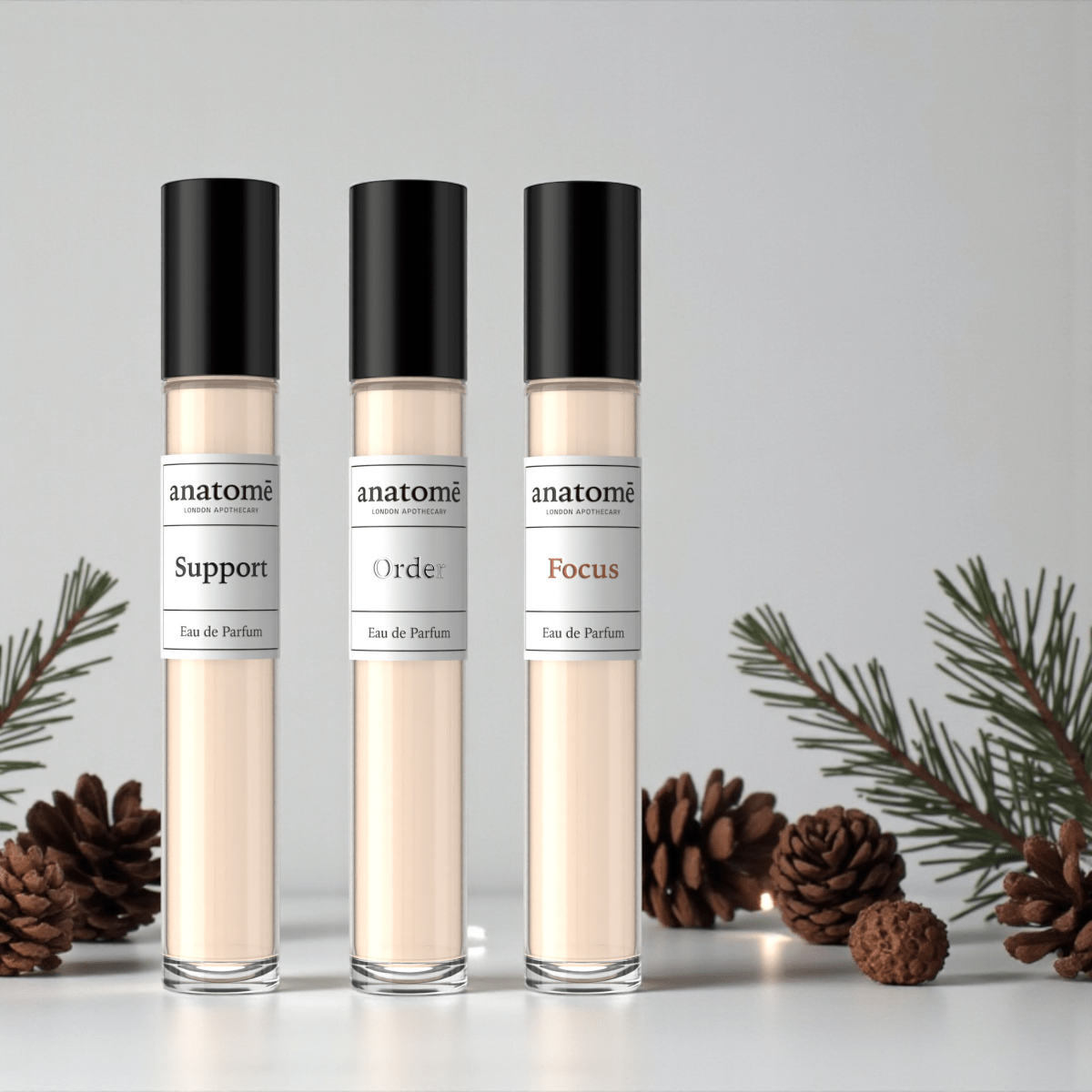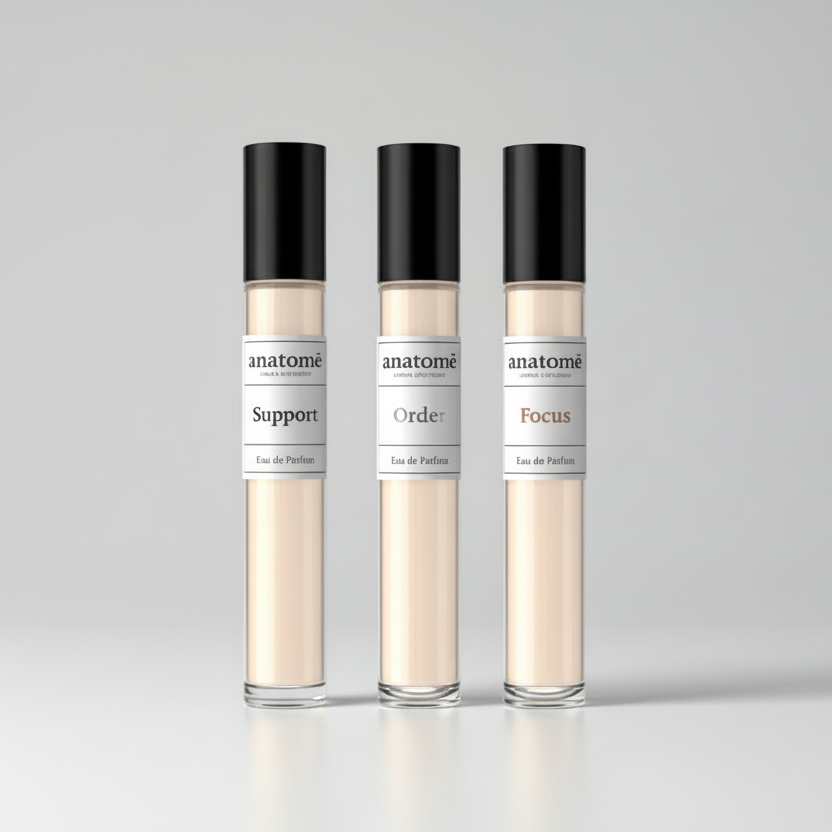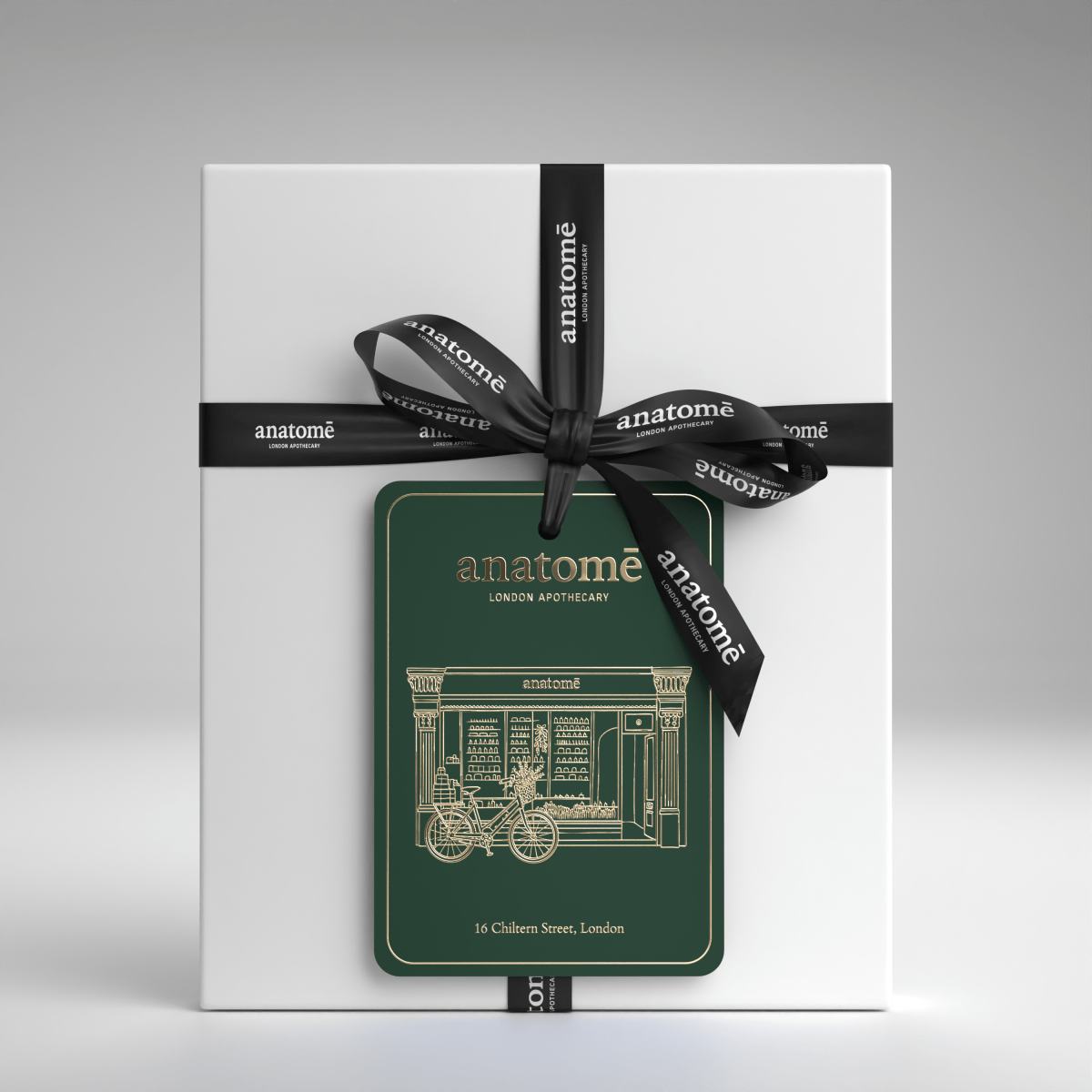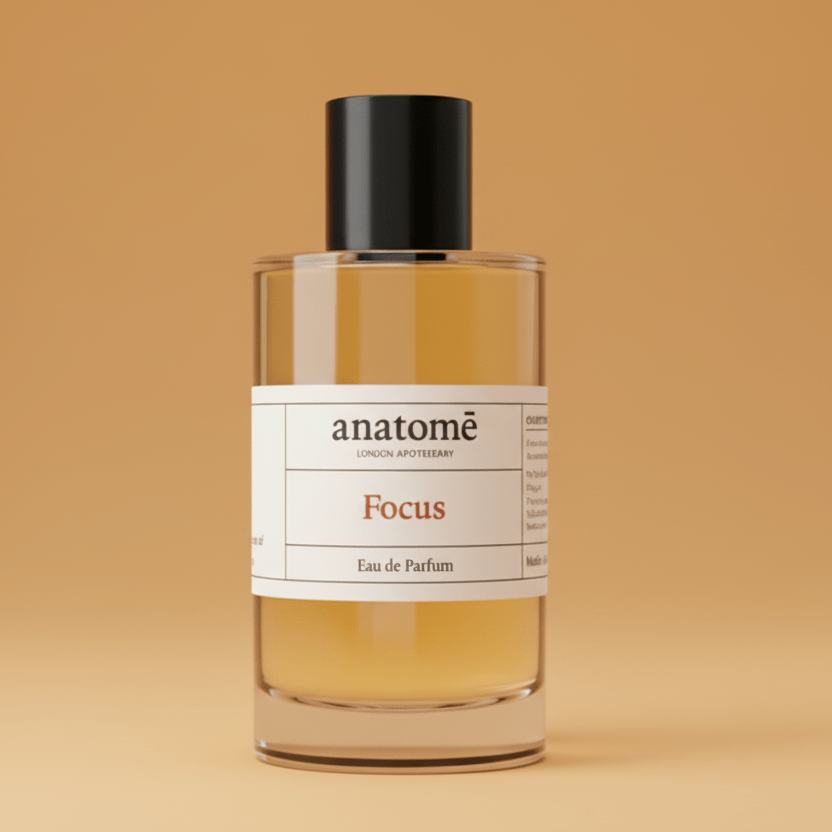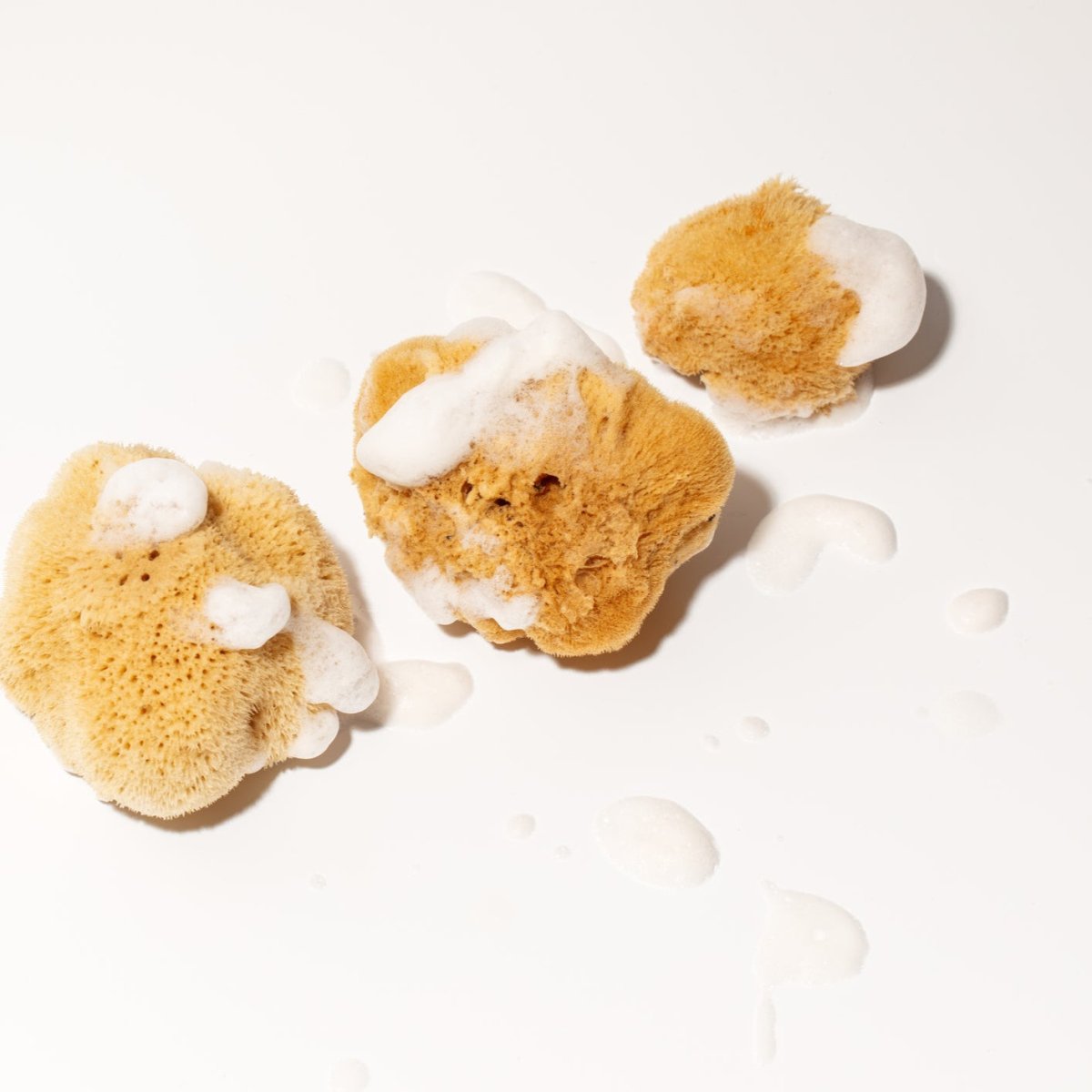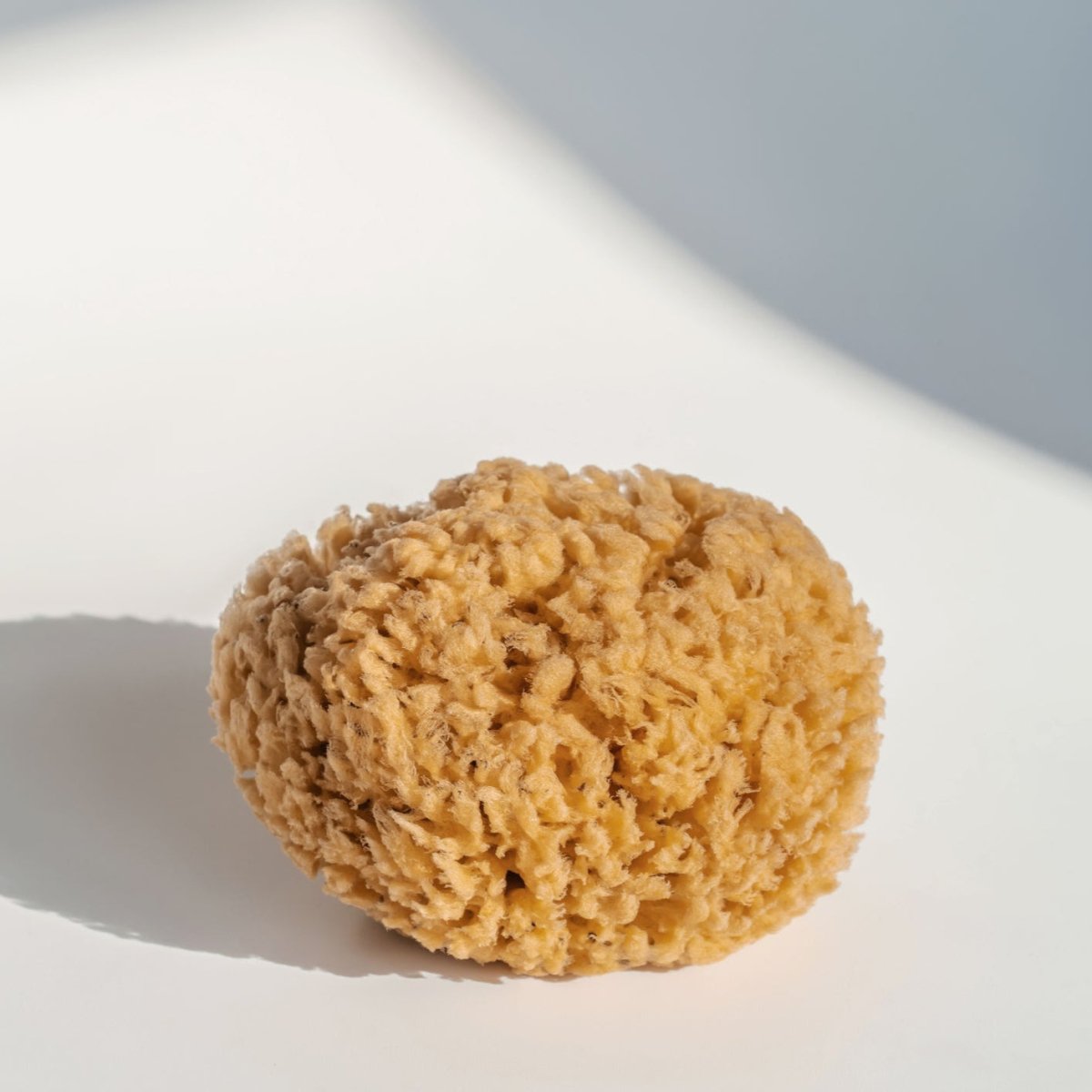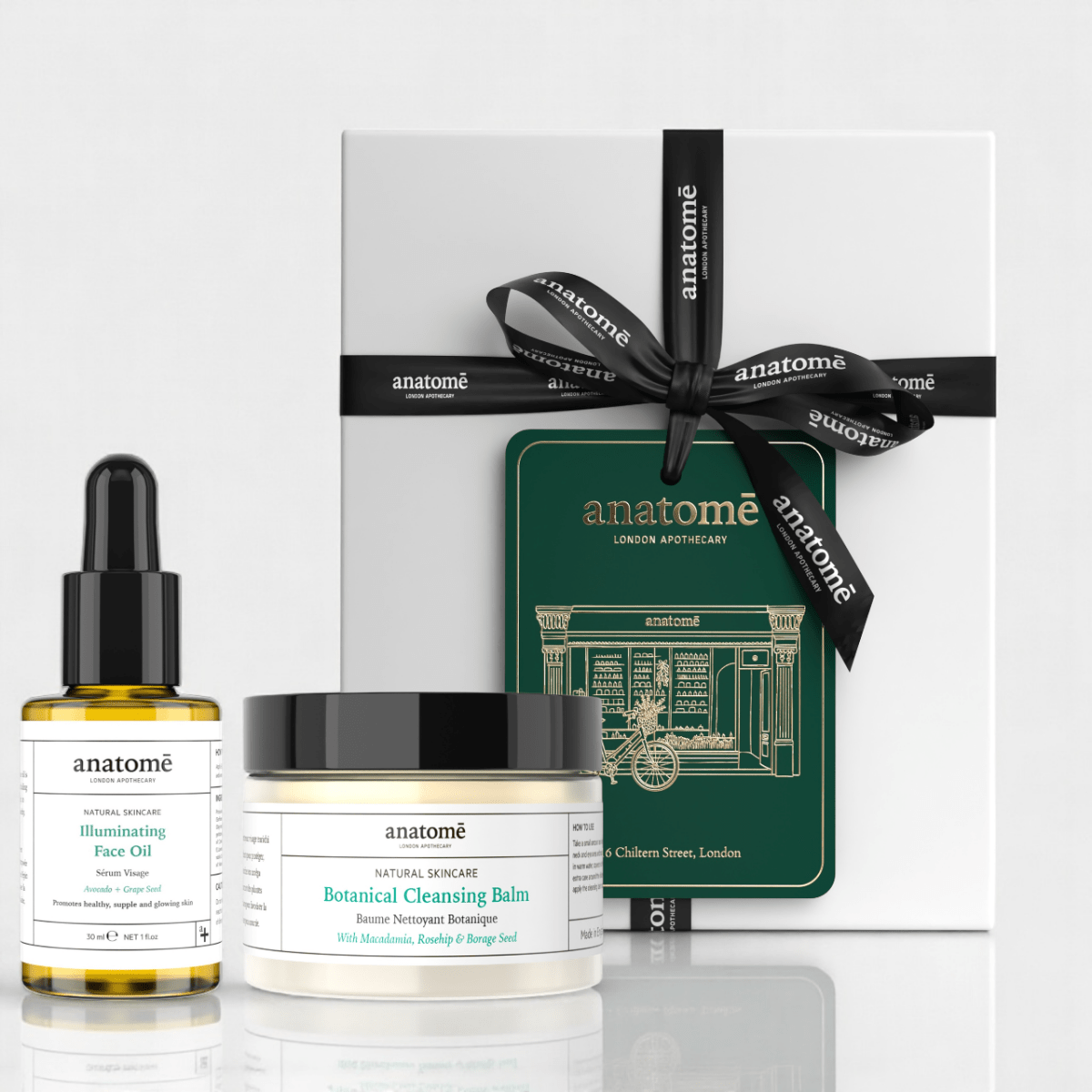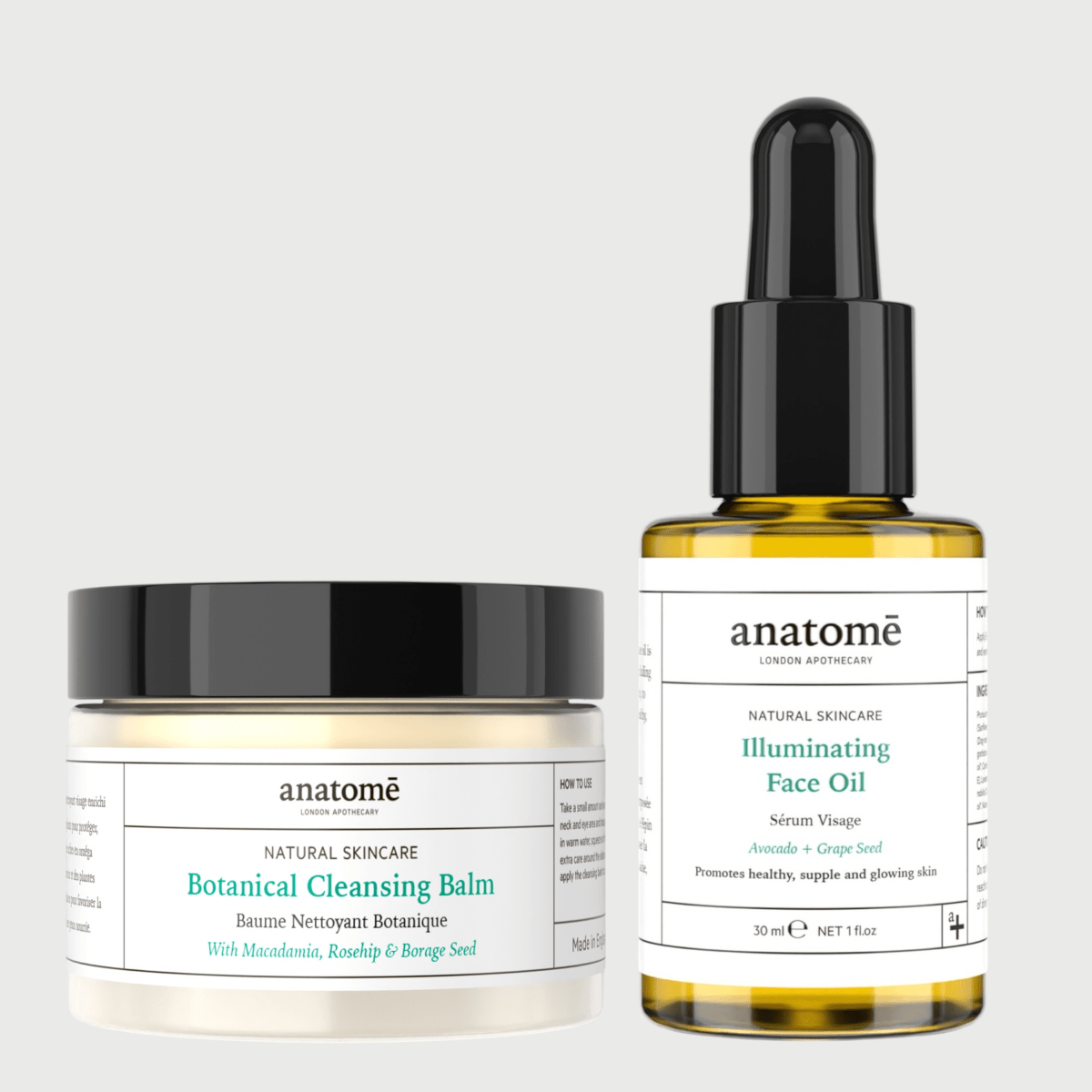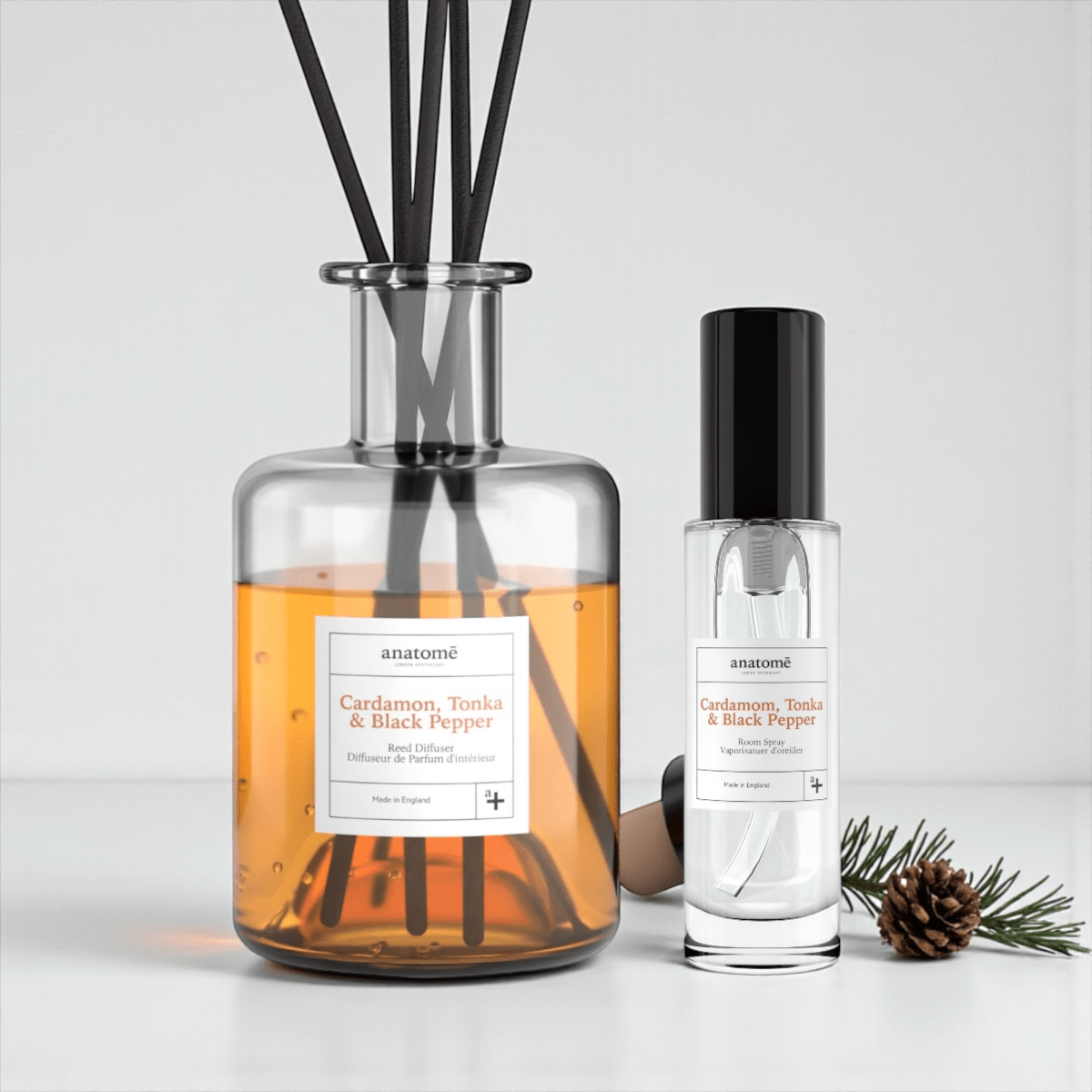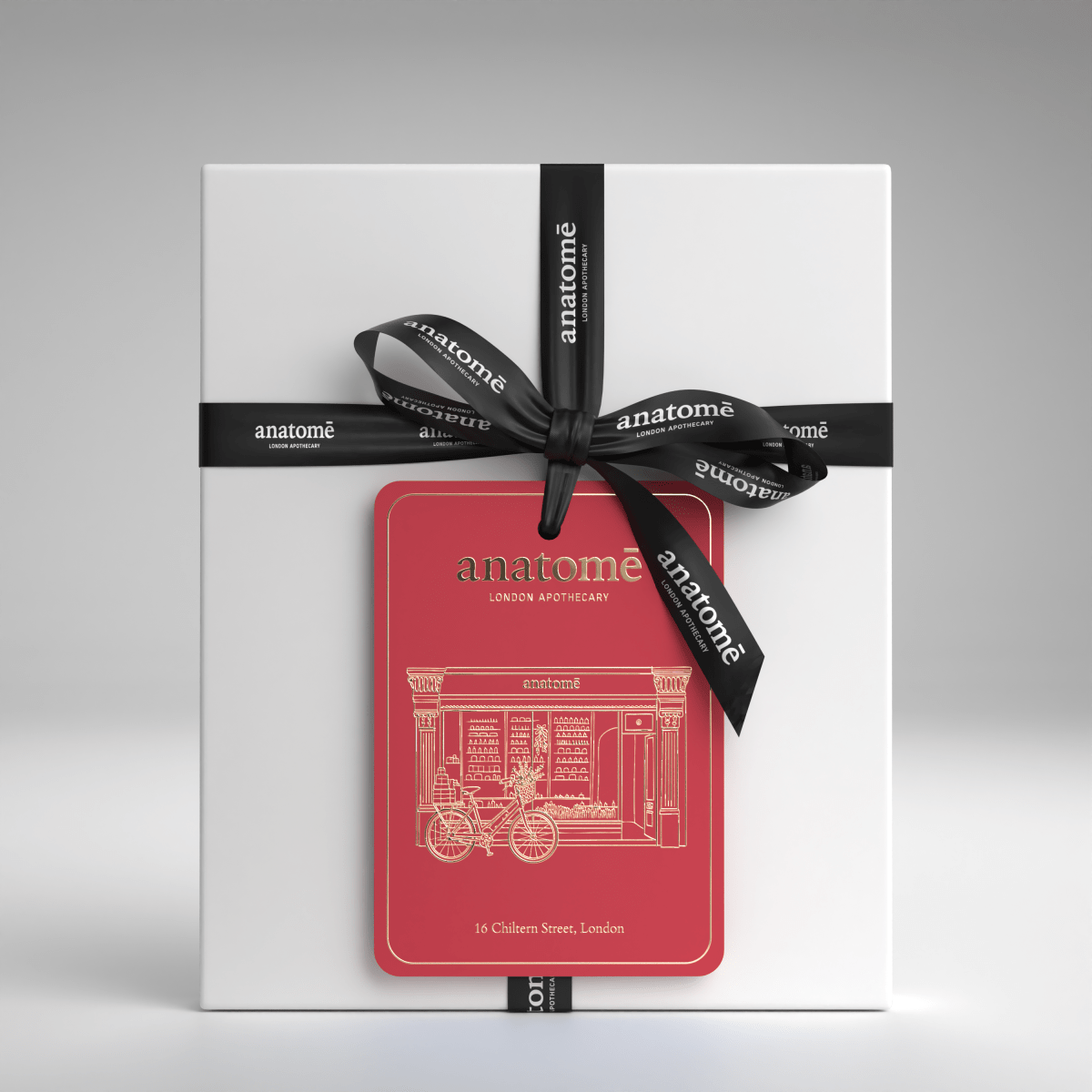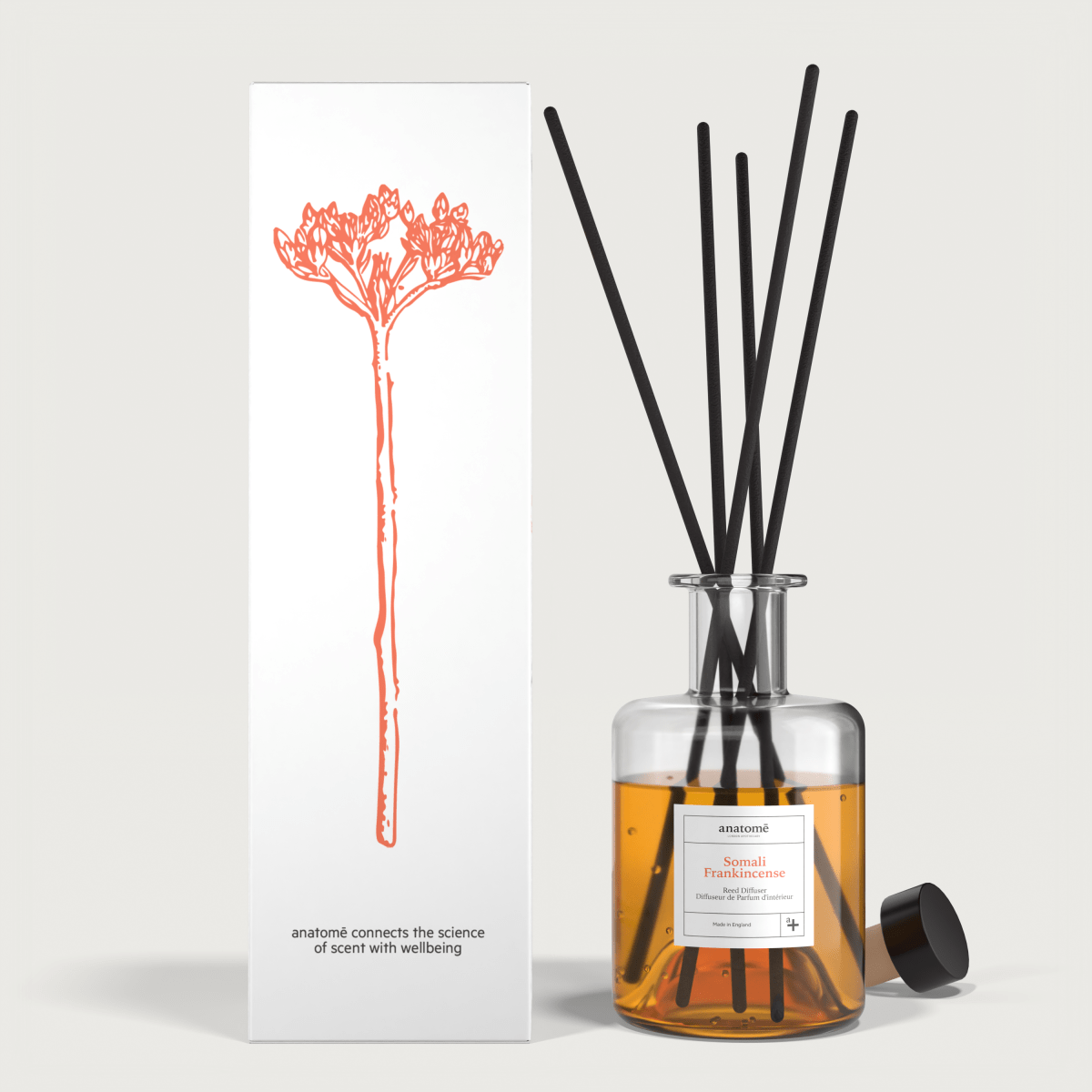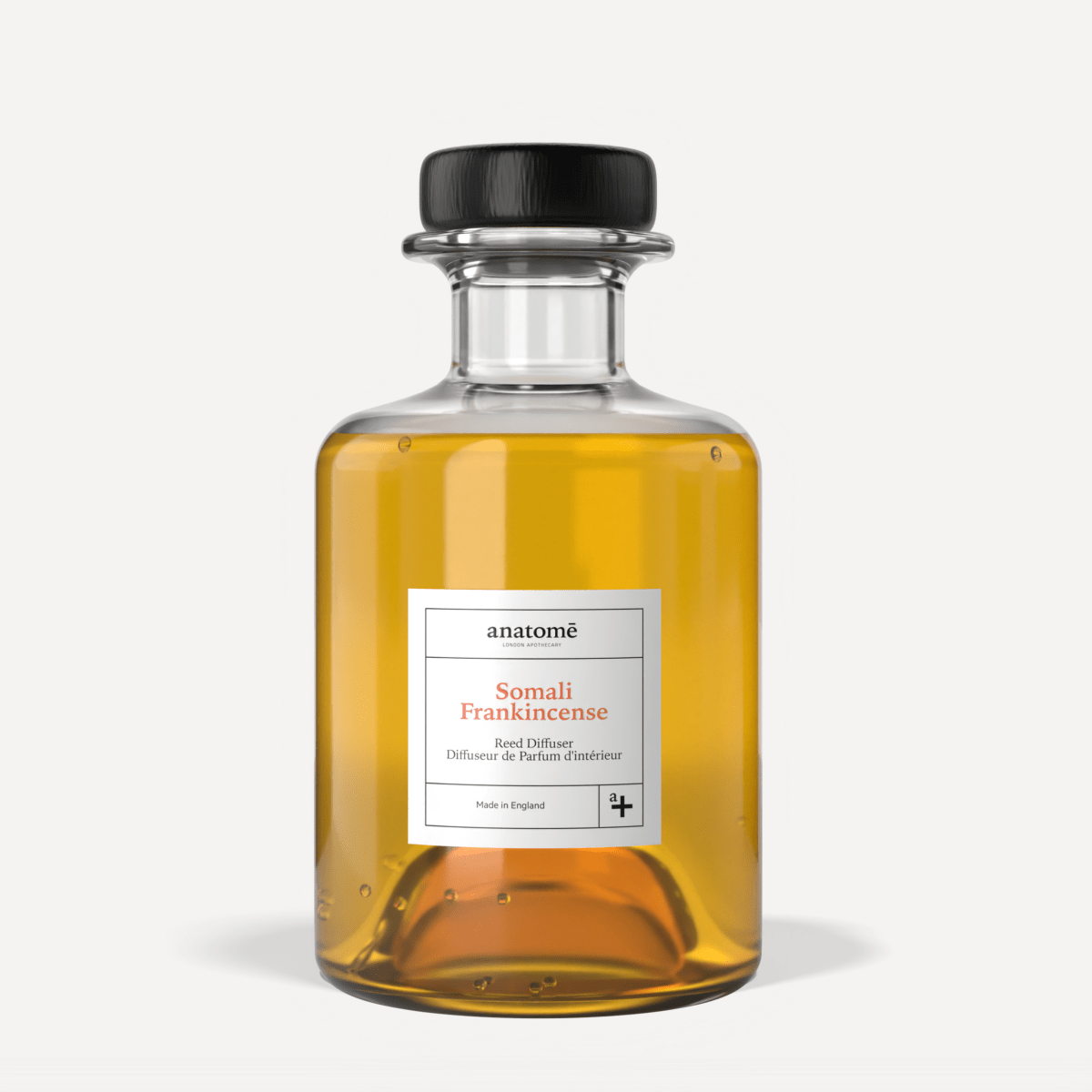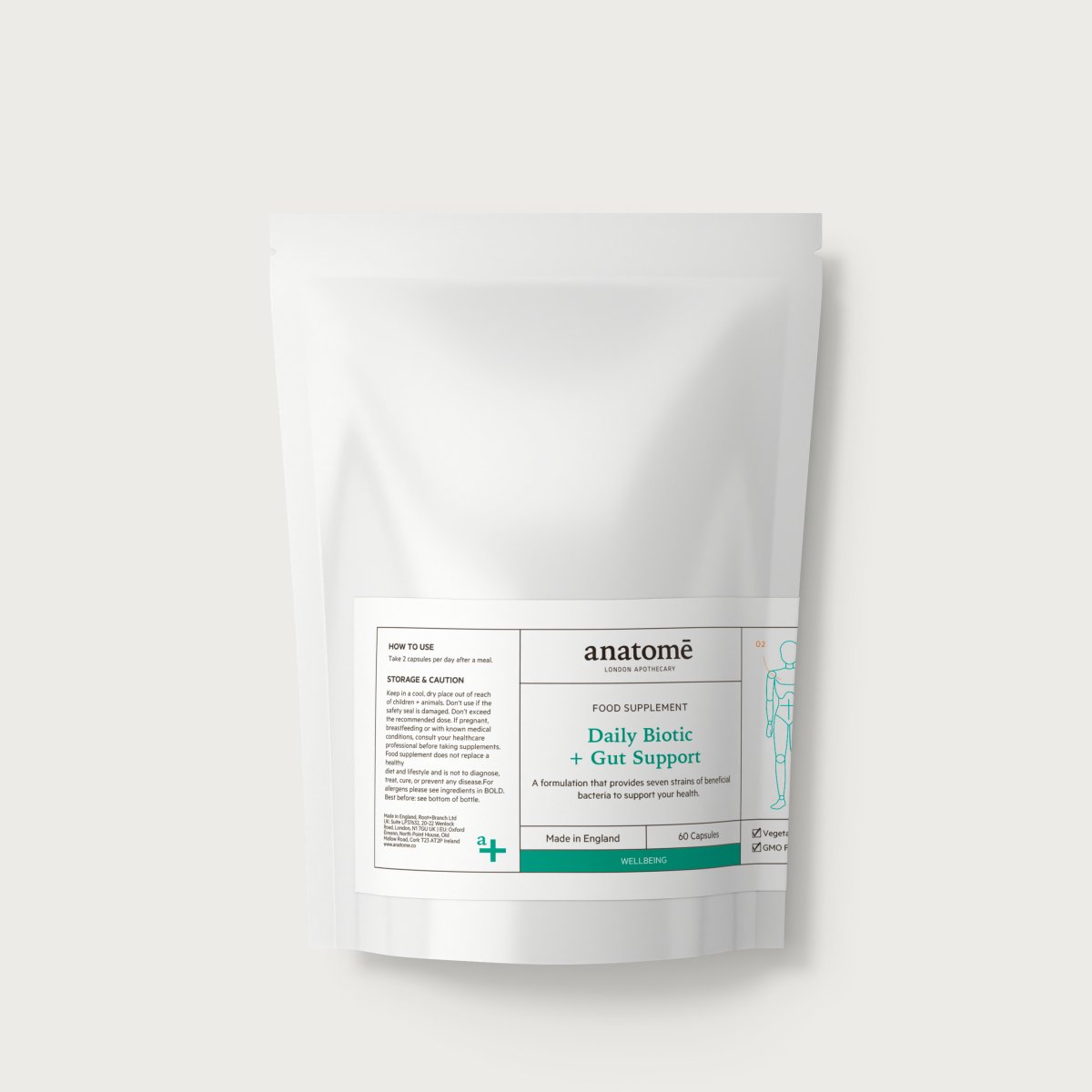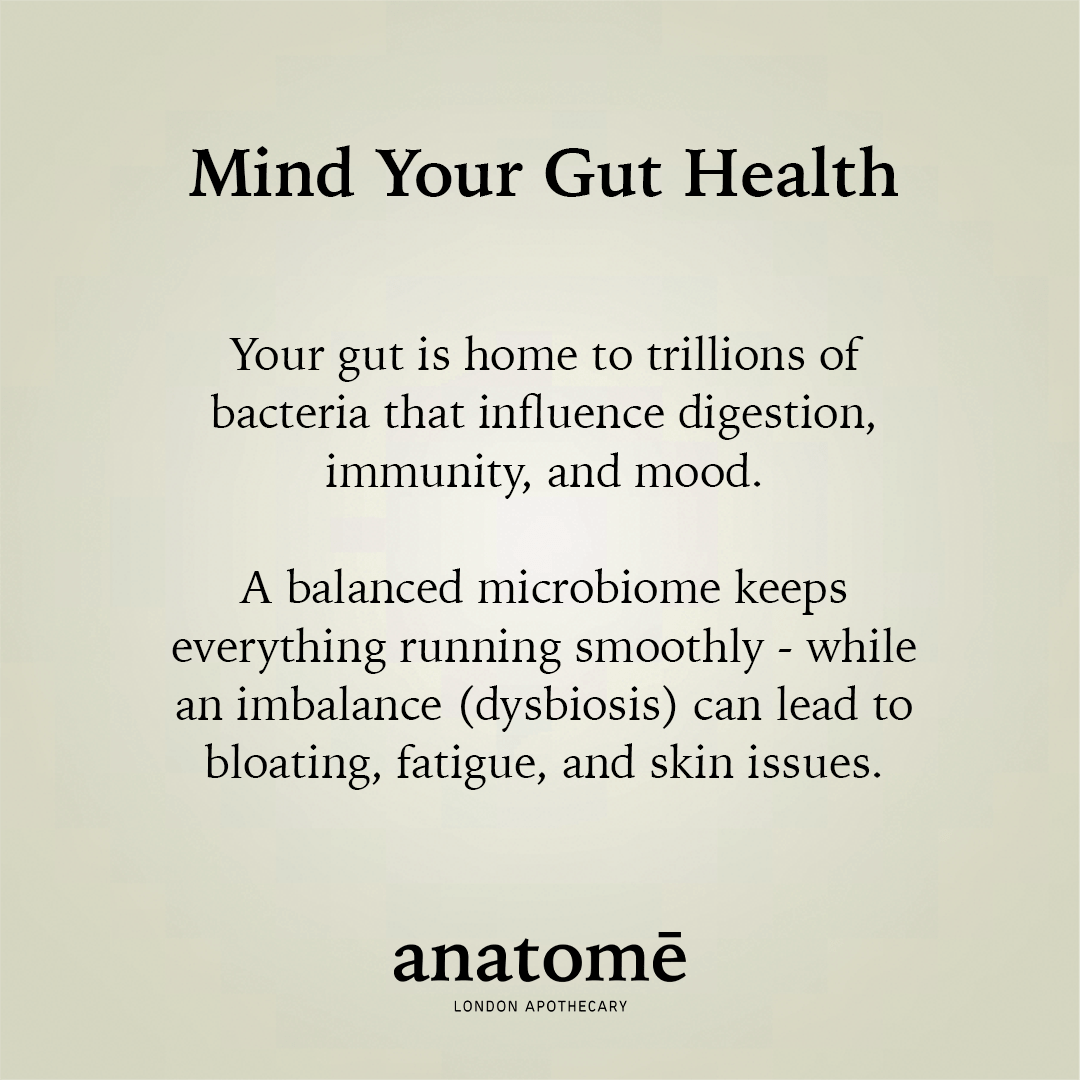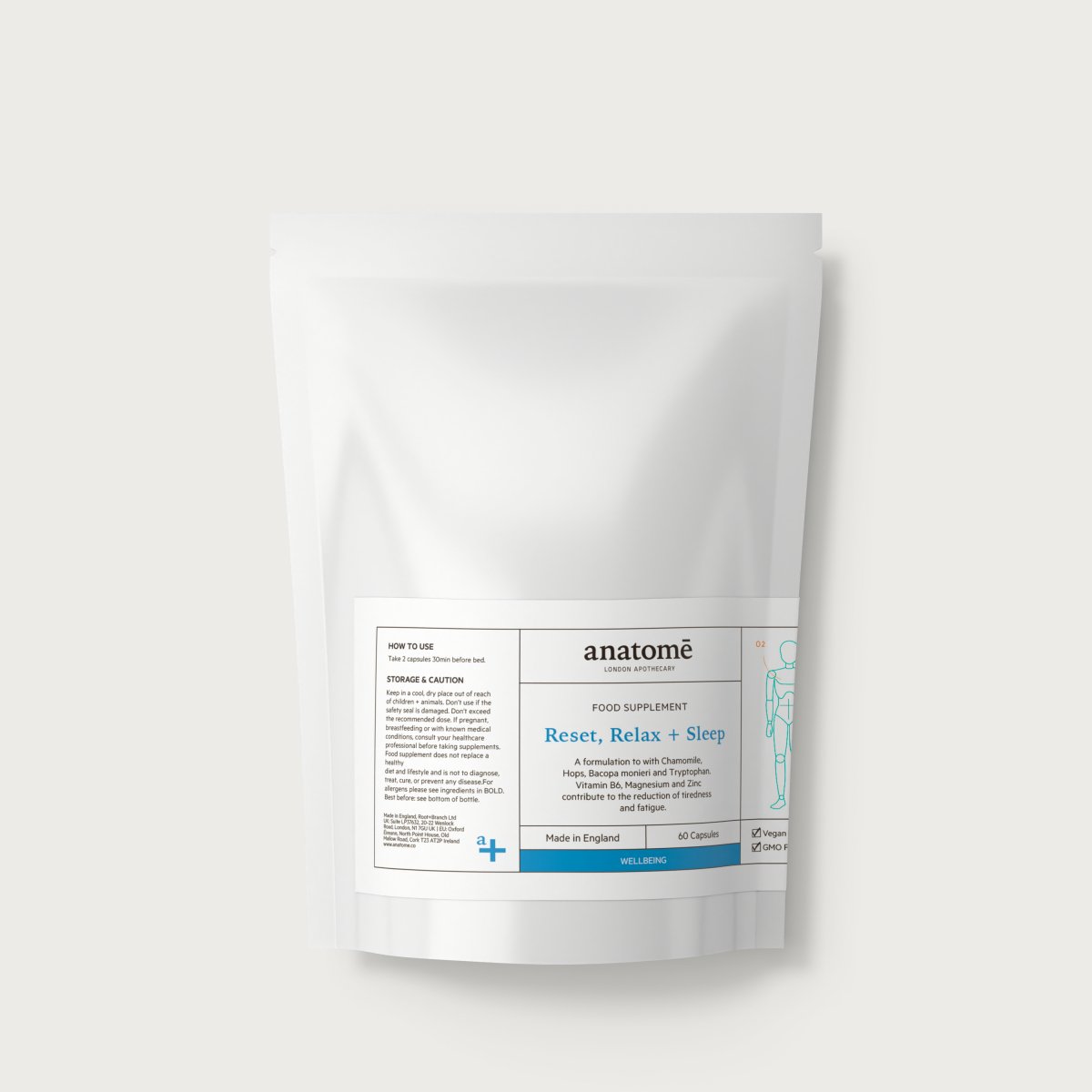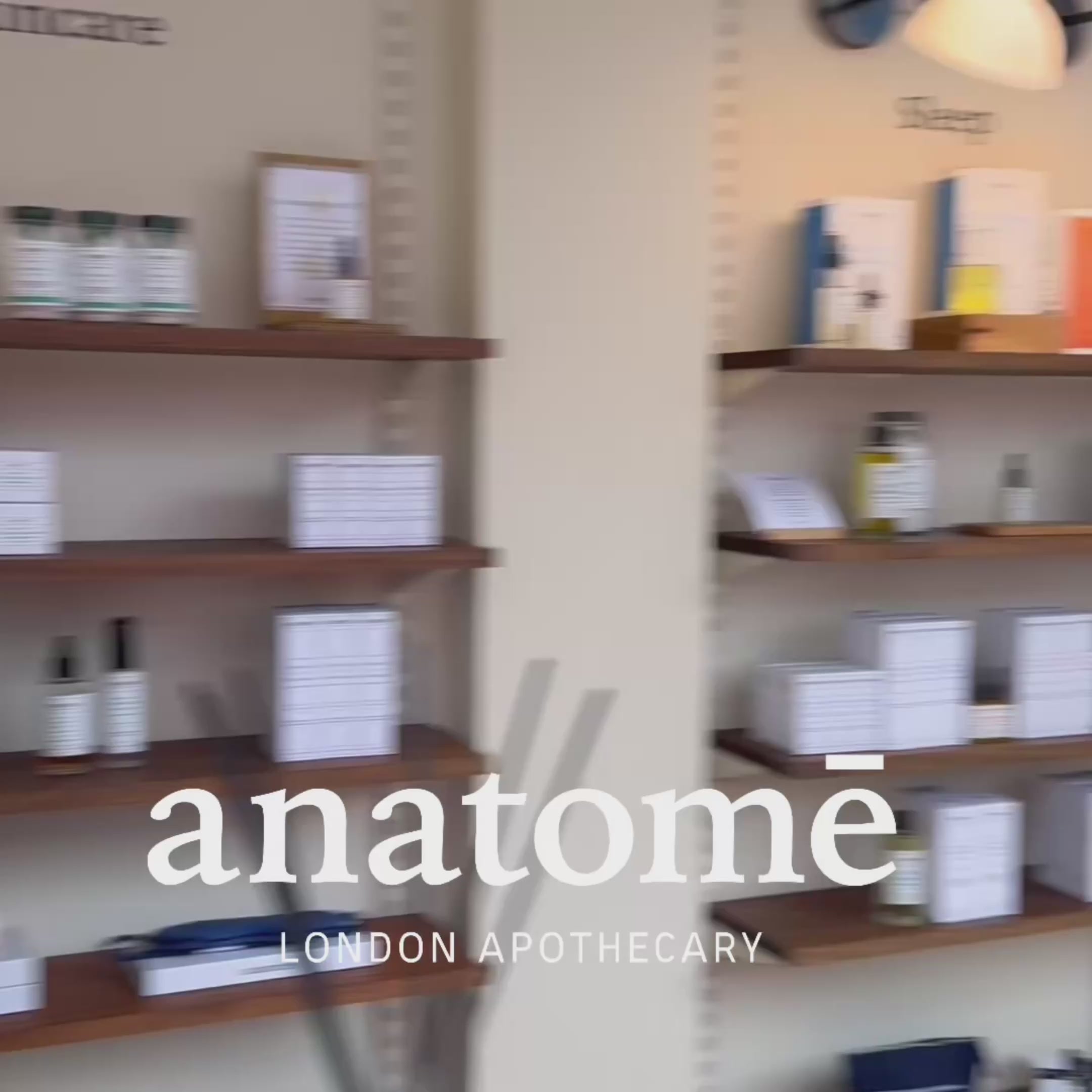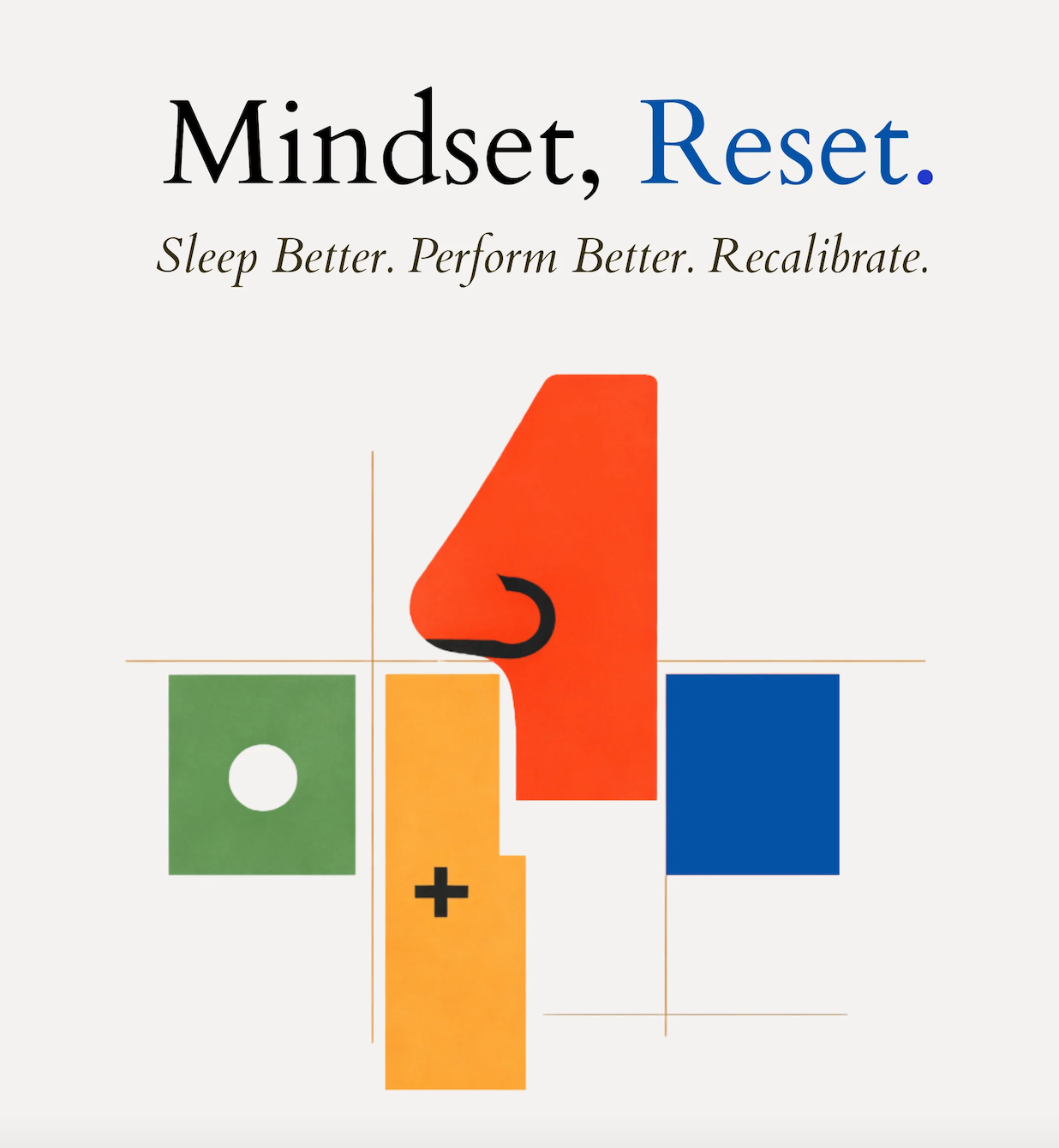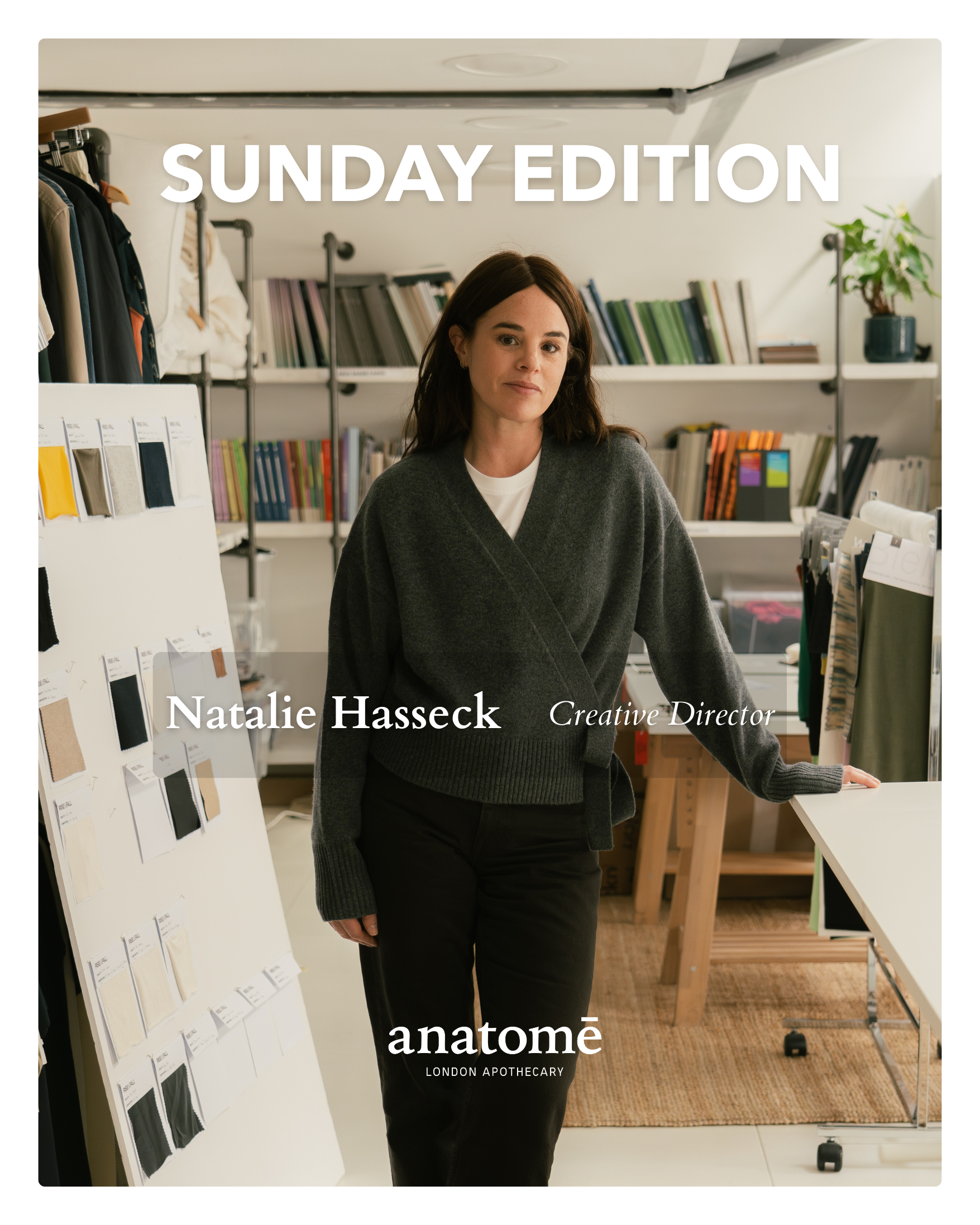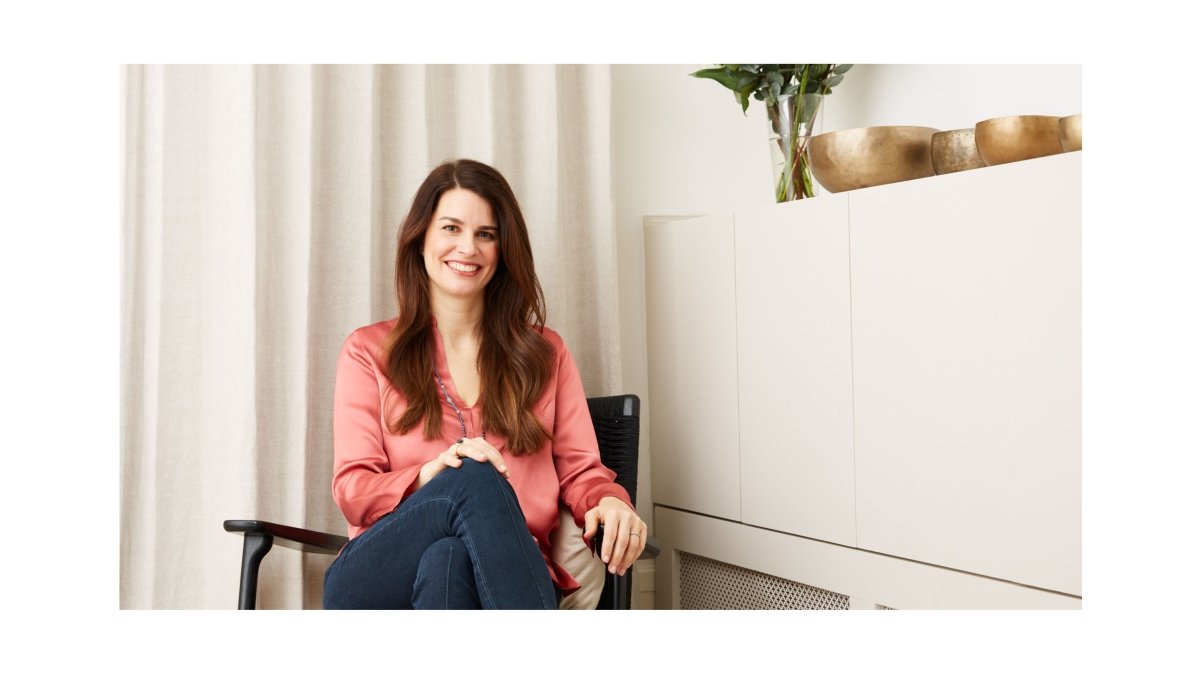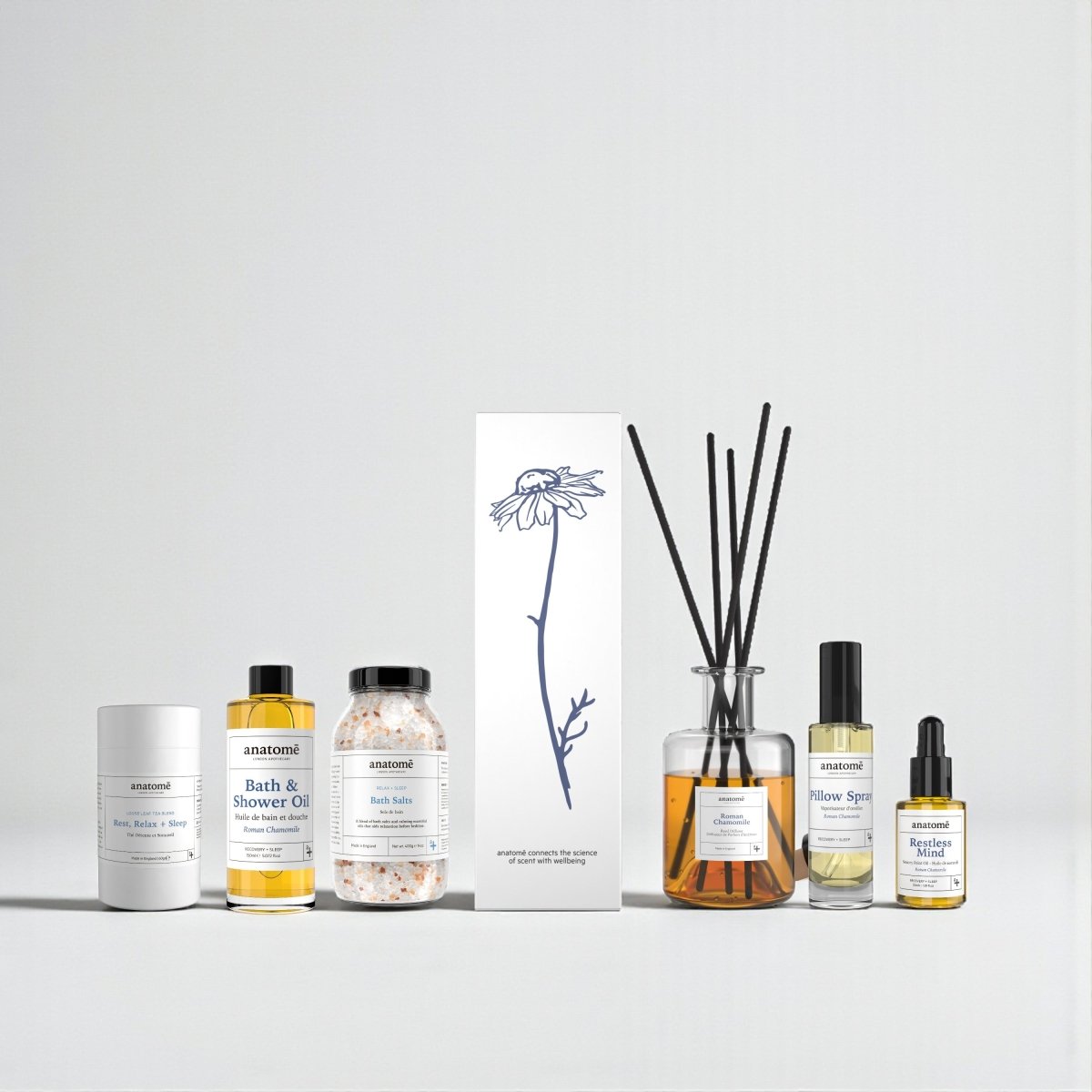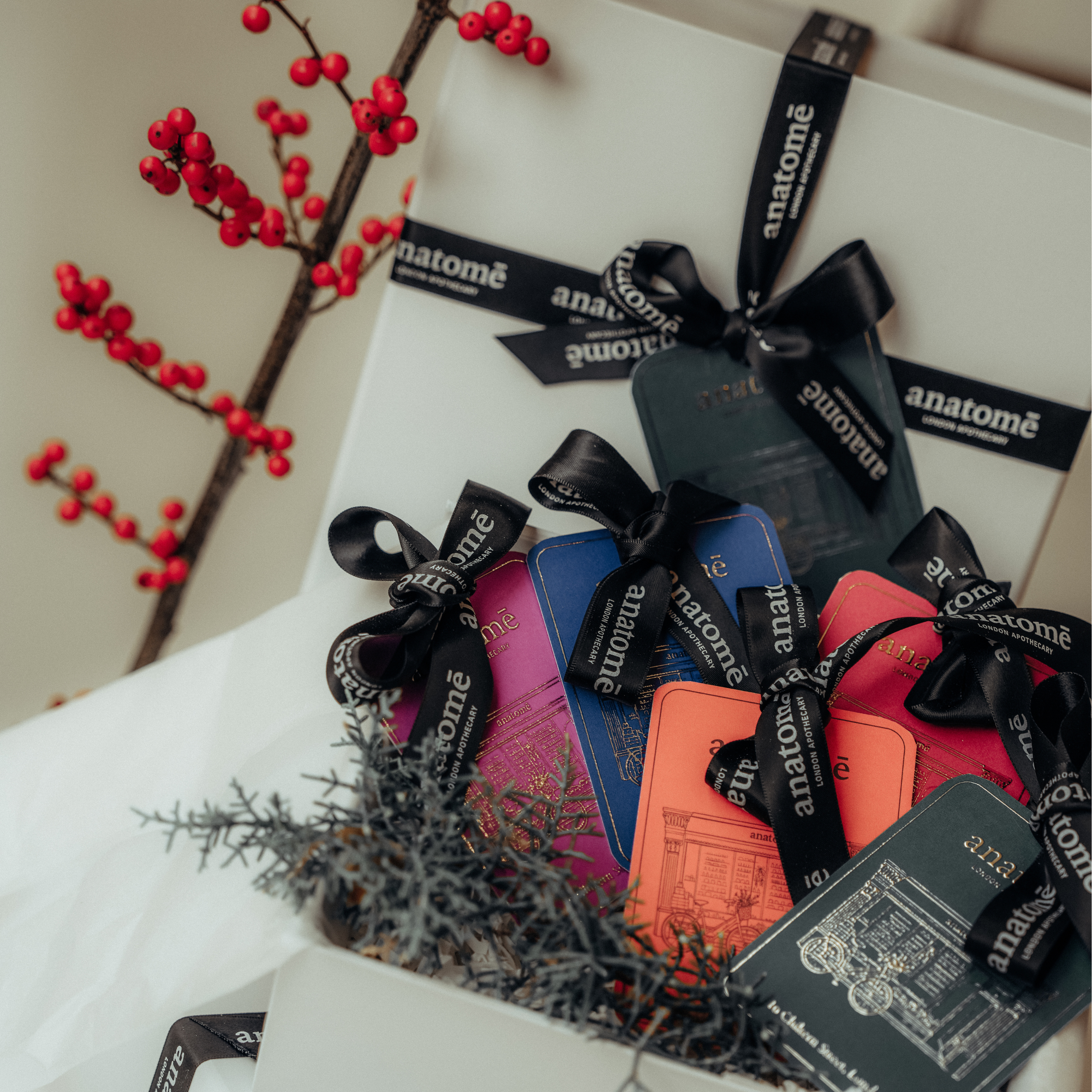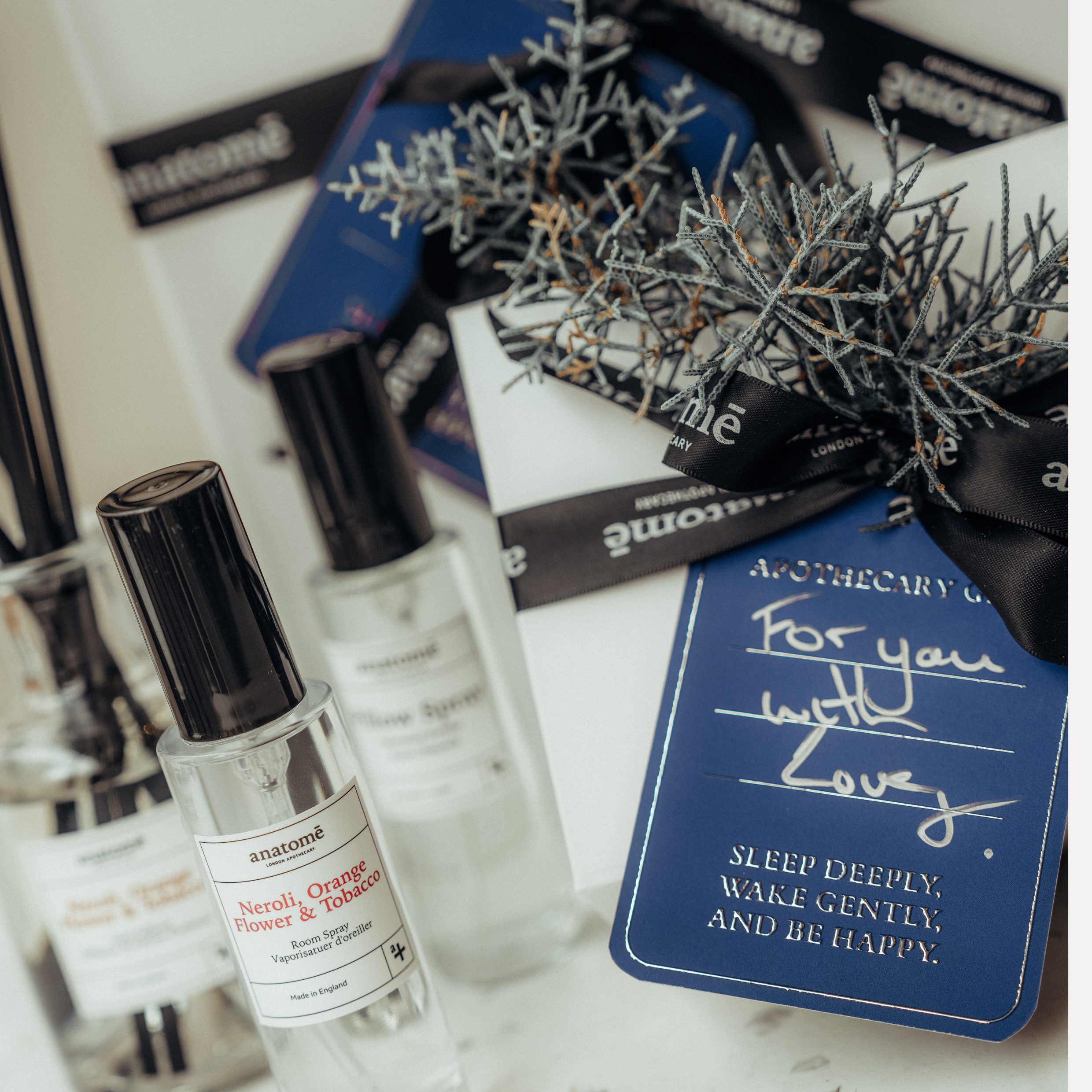Born in Switzerland, Dominique Antiglio was referred to a Sophrologist by her GP when she was 15 years old to overcome health issues that were not responding to traditional approaches. This led her on a path to studying directly under the Founder of Sophrology, Dr Alfonso Caycedo. Her background in Osteopathy and her passion for the mind-body connection deepens her understanding of Sophrology and how to best use it to support and empower people through challenging times.
Driven by her passion for making Sophrology available to as many people as possible, her best-selling book “The Life-Changing Power of Sophrology” was the first widely published comprehensive guide on Sophrology in English worldwide. Dominique specialises in stress and sleep management, anxiety, self-development, and preparing for significant life events. Dominique has regular appearances on podcasts, like Slo Mo and Metro Mentally Yours, and speaking events with The World Economic Forum, the Guardian Masterclasses and more.
Tell us a bit more about what you do.
My name is Dominique Antiglio. I’m a qualified Sophrologist, I’m an author, and I’m the founder of BeSophro. In essence, I’m supporting people with everyday empowerment through the practice of Sophrology. Sophrology is a mind-body practice based on relaxation, movement, visualization, and breathing. It’s part of the meditative practice family. And the practice is designed to help you feel empowered, sleep better, decrease anxiety, prepare for an important event like a presentation or a speech or an exam and unlock your full potential.
What was life for you growing up in Switzerland?
In Switzerland, I was living in a small town called Fribourg. I think it was a good place to be raised because it was near nature and a small town. It was quite a friendly environment. But, on the other side, you always felt a little bit too small for exploration and discovering new things. And although it’s got a fantastic reputation and it’s a beautiful country, sometimes it can feel a bit small. So I always wished I could live in a bigger city and explore having a greater mix of people and culture. So that’s why now I’m super happy to live in London because I get that amazing multicultural exposure.
At 19, I decided I wanted to become an osteopath. So I left Switzerland, and I did a four-year course in Kent at the European School of Osteopathy, part of the University of Wales, and that’s how I discovered England. And that’s how I started to get to know more about London and spending my weekends here, doing my studies and just finding a different way of living and a different world.
Having practised osteopathy, how has that informed your view of supporting your wellbeing today?
Once I finished my diploma in 2001, I returned to Switzerland for a while, and I created a practice there that I had for 11 years. It was an osteopathic practice, a general practice for the whole family. And I think what I learned is listening to people’s bodies and understanding that our bodies literally go through every aspect of our experience. They reflect on the deeper level, everything we experience in our consciousness, namely the stress we feel, the fear we may have, the emotion, the positive and the more difficult ones. When you are an osteopath, you learn to tune into these aspects as well as the mechanics. Trying to help these people function better mechanically and physically, you start to really quickly see that mechanics cannot be isolated from the rest of the human experience and that experience that this person goes through.
I think this was an excellent job for me to channel my sensitivity and use it for reading people’s bodies and helping support them to regain balance. But after a while, I also realized that you can only help people to the extent of what you are aware of. People’s daily lives and how they think and deal with life have the greatest impact on the body’s mechanics. So if you really want to help someone, it’s great to do a few techniques and help them regain balance. Still, they need to be in charge and control their experience more to prevent these issues from manifesting physically.
So that’s where Sophrology came back into the picture very rapidly, even when I was studying. I had already practised Sophrology since I was 15, and I had already made that journey on myself of feeling: what is this mind-body connection we have? At some point, I decided this is the way I can be a proper therapist by giving people a tool to empower themself in daily life so they rely less on osteopathy or other therapy and can really make a more profound journey of awareness and a deeper journey of health.
What unites your clients in this search for improvement and balance, and connection with themselves?
I think it’s the stress and strain of modern life. Part of the problem is that we live in a very fast-paced, demanding society where, unless you’re very conscious of your needs and how you can help yourself, it’s actually challenging to sustain balance. Clients often don’t sleep, have anxiety, struggle with their energy, or are struggling mentally. I think another thing is people who want to regain control over their experience – that they feel a bit overwhelmed perhaps by an experience they are going through in a relationship or in the work environment or as a parent.
At that point, they say, “Okay, I need to talk to someone. And I need to look after myself.” And often, they may have done psychology already. They may have gone for a more traditional therapy approach, and they often haven’t seen the result they were hoping for. They understand everything about their story and why they feel like that, but they haven’t really felt a real change in daily life. And I think they’re looking for a tool that can bring them a step forward and feel the difference.
What would you say to people that are sceptical or suspicious, particularly in England, where there’s a bit more reservation around new techniques?
I would say, first of all, Sophrology is not new. It’s been around since the ’60s and was created by a neuropsychiatrist with a real scientific background. It’s a mix of Eastern philosophies and practices like yoga and meditation, which are universal tools for consciousness and the Western scientific approaches of relaxation, hypnosis, psychology or neurology. I can also say that it’s reimbursed by health insurance in Switzerland and in France. It’s been used in hospital in Hôtel-Dieu, Paris, a very famous sleep centre. Doctors and Sophrologists collaborate to give tools to a patient suffering from insomnia. I think this is a new method for the English-speaking world, and that’s kind of fun for me to witness, but actually, it’s not really new.
What is your evening like? Have you developed systems around sleeping, or is there anything unique there that you approach at night?
I think I inherited a good sleeping gene, fortunately. My whole family has been consistently good sleepers, which is good news. Before having a child, I don’t think I knew what sleep-deprived meant. Even last night, my little boy woke me up for 45 minutes during the night – nights spent awake because you’re looking after your child add up. After five years of being always disturbed in your sleep at night, you really feel that this is something you have to consider when you plan your day, plan your week, and plan your year and your activities. I think through this journey, I’ve become more aware that I need to go to bed much earlier than before because my child wakes up early in the morning.
So whether it’s a Saturday or Sunday, there’s no such thing as lying in bed. If you want to have enough hours for sleep, you have to stop working around 6:30 in the evening and then go to bed at 10:00. If I don’t do that, then I really feel it. I think it’s being much more aware of that and creating the space for sleeping. Then, of course, if I have to do a bit of work in the evening, or if I want to watch a screen, I try really not to an hour before sleep. If I do, I wear my glasses blocking blue light and always wear these after 6:00 or 6:30 to help my body increase the melatonin and help me slow down.
I always fall asleep with a body scan and a Sophrology practice; it’s almost like an automatic thing I do when I lie down in my bed. I do this little body scan through the five systems. I do a tension relax, just to become aware of what I’m carrying into the night. How’s my day been? How do I feel? Just before I sleep, just that little moment of awareness and if I feel anxious or tense, or if I have a big day the next day or something that I’m worried about, I’ll use a few Sophrology exercises and perhaps do a visualization to help me feel confident about tomorrow, to set a positive intention for the next day, or just go back to a nice memory before I fall asleep.
There’s no such thing as choosing a routine to wake up in the morning because I literally have someone jump on my bed, and you magically be awake, yeah. In the morning, it’s about managing this little man who comes into my bed and starting the day positively for everyone and sticking to some sort of timing so that everything doesn’t get too stressed for everyone in the family. It’s about giving ourselves space. Not having to rush to get to school. That’s so important because otherwise, you don’t enjoy any of it. I think being mindful of keeping a certain flow is really important.
What does breakfast look like for you, and what are the go-to meals you’d be cooking and developing at home?
I always have three meals a day. That’s important. I can’t survive without my food. I love eating, and I love having that time to sit down. It’s a very European way of having food. I’ve learned to have protein from the start of my day, which really helps my energy. So it could be hummus, it could be an egg, it could be fruit or some days, it could be a smoothie with almonds in it. I’m not a person of strict routine in the morning. Sometimes, if it’s in great weather, I go for a walk and then I stop at my local cafe and I’ll have a nice breakfast there.
I’m trying to vary what I eat, but I always eat something nourishing in the morning for sure. Depending on my meetings and how things go throughout the day, I try to take a 40-minute break for lunch. We use fresh products that don’t take too much time to cook and to arrange. We just go with the flow, really. If I cook for friends, I will take a recipe book and do something more involved.
In the day-to-day, I cook batches of soup in advance. On Sunday, I would cook a veggie soup because I’m hiding the veggies inside the soup to ensure that my son has his vegetables for the week. Organization is essential so that when you work, you can just take a bit of what you already made and create a tasty and healthy meal.
What are some things you’re really dying and hoping to do and revisit that you haven’t been able to?
The big word of Sophrology is adaptability. I’m not someone who’s dreaming of going back to the old world. I’m someone that moves forward quite quickly, and that I’m happy with the change. For me, it’s pretty fun to think, “okay, maybe I can’t do the things that I did before, but it’s an opportunity to discover new ways of going on holiday.” If we can’t travel this year, I’m sure there are things that we will create in the moment that will be nice. Perhaps it’s an opportunity to discover England and to do things that are a bit more local. But I think if there’s one place I really, really want to go back to and show to my son, it’s India. At some point, when he’s a bit older and when the world is calmer, then I’ll definitely do that. India has always been a very, very inspiring place for me.
What places in London are special to you? What places do you find energizing and relaxing and calming?
On my daily walk, I go to Primrose Hill because it’s near where I live. Over the last 10 years, every time I get on the top of Primrose Hill and look at the city, I get this amazing feeling. It makes me feel part of London. It makes me have a little bit of perspective on the day because I’m used to Switzerland with mountains, so we always have somewhere to look from – in a country like England or in a big city, it’s hard to have that perspective where you suddenly rise above the surroundings. It’s a great relaxation for my mind and gives me the kick I need for the day when I do that in the morning.
I love the buzz of Spitalfields. I always think there’s something special when you walk around that area of London. I equally love Marylebone because it’s very central, and for me as a foreigner, it’s very London. There are all these things happening there – there’s a buzz. I’m definitely more of a North London girl than South London.
What is on your reading list? What are you doing to nourish your mind?
I have piles of books around me. I love books. I must say that I’m reading these days very slowly because of time. At the moment, I’m reading Hardwired: How Our Instincts to Be Healthy are Making Us Sick by Robert Barrett. It explains why, as people, we know so much scientifically about how to take care of our wellbeing, but we don’t act on this knowledge. Why do we have so much scientific and medical expertise these days, but people don’t actually do the work?
I love biographies. I love knowing about people’s stories, real stories, like The Choice by Edith Eger. I think it’s the most empowering story. Then, of course, meditation books or self-development books. Sometimes, I like a nice relaxed story for the summer that’s just not going to be too hard on your brain.
Music-wise, you’re probably playing a lot of baby songs, but do you turn to music, or do you prefer silence?
A bit of both. I love Deva Premal and all the chanting. Sometimes they do lives where they have a huge community, and they chant mantras. I love that energy of the sound and how when you close your eyes and repeat a nice mantra with a group, where it takes you. If I have a presentation or something important in the morning and feel a bit stressed, I would probably play some Deva Premal music in the background to get me in the zone and make me meditate on the goal following the mantra. Otherwise, I think I rely more on my husband to pick the music, usually nice ambient music. He has a bigger music culture than me, and I think I benefit from that. Not always knowing who is what and what does what, but I just listen.
What would be three places that we really should be putting on our bucket list when we visit Switzerland?
Lucerne is a beautiful town that is in the Swiss-German part of Switzerland. It’s absolutely stunning. There’s a lake and a mountain there. It reminds me of Switzerland in the ’80s, where everything was very easy. There are great cafes, a great atmosphere, and it still feels like a Swiss town. Then Zürich, of course. I think it’s amazing, one of the most beautiful cities in the world. It’s exceptionally well organized, and there’s so much going on culturally. Despite not being a big town, there is an international feel to it.
I love sledging, so in winter, I go to Grindelwald. Grindelwald is in the Alps and near Bern, the capital. You take the train with your sledge, and then you sledge down, and then you have a nice cheesy meal somewhere, like a Swiss fondue or a nice rösti with cheese. It always does the trick for me, like when it’s cold and then you go into a really cosy place to finish your day.
What kind of philosophy or mantra do you feel like you share with people? If you were to share a sentence with people, what would that be?
I would remind them that they are the captain of their own ship. Life often does come with a choice, and that even in the most tricky situation you can find yourself in, emotionally or through life, if you take a moment to pause and talk to someone or gain perspective, you’re going to find a way where you feel a little bit more in control. It’s a constant exercise to do that in life. It never stops because there’s always new experiences and a new level of complexity. But I think it’s empowering to try to find the bit that you can control, see where you want to go, set the intention and be clear on what you want and don’t want. I think this is the most empowering place to be and to create your life from.
With the pandemic still in our midst, are you seeing a change in people taking more control of their lives? What do you see the future for yourself and for them?
I would not generalize it because I think people are really finding themselves in a very tricky situation through this pandemic, economically and health-wise. Still, I hope that this pandemic speeds up the journey of awareness for all of us collectively. Perhaps, we have to go through this and come out with more respect for nature, with different ways to travel, putting more meaning on relationships and the simple things of life, and that we can simplify a lot of the Western world and centre more important values at the centre of this society.
I think this is the time to rethink that. I would really encourage people to be even bolder and really go for what they feel is right for them. I’m an optimist at heart, so I think we will get to the other side of this, and hopefully, we’ll be wiser. I don’t think it’s going to solve everything. I think it’s going to carry on to be an interesting journey. And I don’t think we’re going to go back to the old world we knew.
We just have to find a way to exist in this new dynamic, find new ways to be inspired, carry on the discovery and take one day after the other. We have to stick to what we believe is right for the world and not compromise anymore with all the stuff that society sometimes expects us to follow. We have to be brave to be freer.

